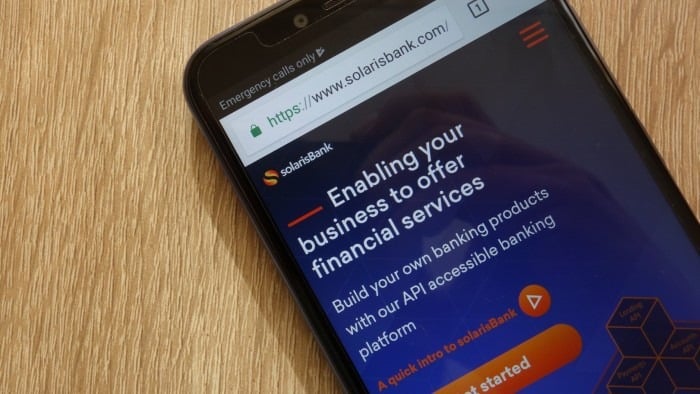Solaris funding woes raise doubts over major ADAC card deal
Solaris’s struggle to raise funds has cast doubt on the German fintech’s ability to execute a major credit card contract for Europe’s largest auto club ADAC. This marks the latest sign of turmoil in European fintech.
Munich-based ADAC has approached potential new partners as Solaris faces delays securing €100 million to deliver the 10-year card deal won last year, per sources.
The contract to issue co-branded cards to ADAC’s 21 million members was seen as a milestone for Solaris to reduce fintech exposure. It expected to boost annual revenue by over €100 million.
But investors have grown reluctant to provide more cash to fintechs amid rising rates. Valuations dropped for Klarna and UK firm Railsbank went bust.
Part of the €100 million Solaris seeks is an upfront payment to ADAC, but most is to meet capital requirements from taking on ADAC’s €500 million card loan book.
Separately in July, existing backers including Visa and BBVA provided €38 million for governance and compliance.
Talks on the additional €100 million are ongoing but delayed by tough markets, sources said.
Solaris reported €56 million 2022 losses, 43% of revenue. Since 2015, it has raised €440 million at a €1.6 billion valuation.
ADAC delayed card migration to Solaris by six months to mid-2024. Sources said funding wasn’t the cause, rather an external tech glitch.
ADAC contacted former bidders DKB, Deutsche Bank and Hanseatic Bank about potential partnerships with Solaris. One option is them taking the loan book to reduce Solaris’ capital needs.
Talks are ongoing and expected to conclude this year, sources said.
ADAC’s doubts follow Solaris’ insolvent client Nuri last year. Regulator BaFin reprimanded Solaris over flaws, increased oversight, and must approve new clients.
ADAC looks forward to working with Solaris but is “assuming” migration happens as planned, it said, declining to comment on other partner talks.
Solaris confirmed it will need more capital next year and is in investor talks. BaFin, DKB, Deutsche Bank and Hanseatic Bank declined to comment.



